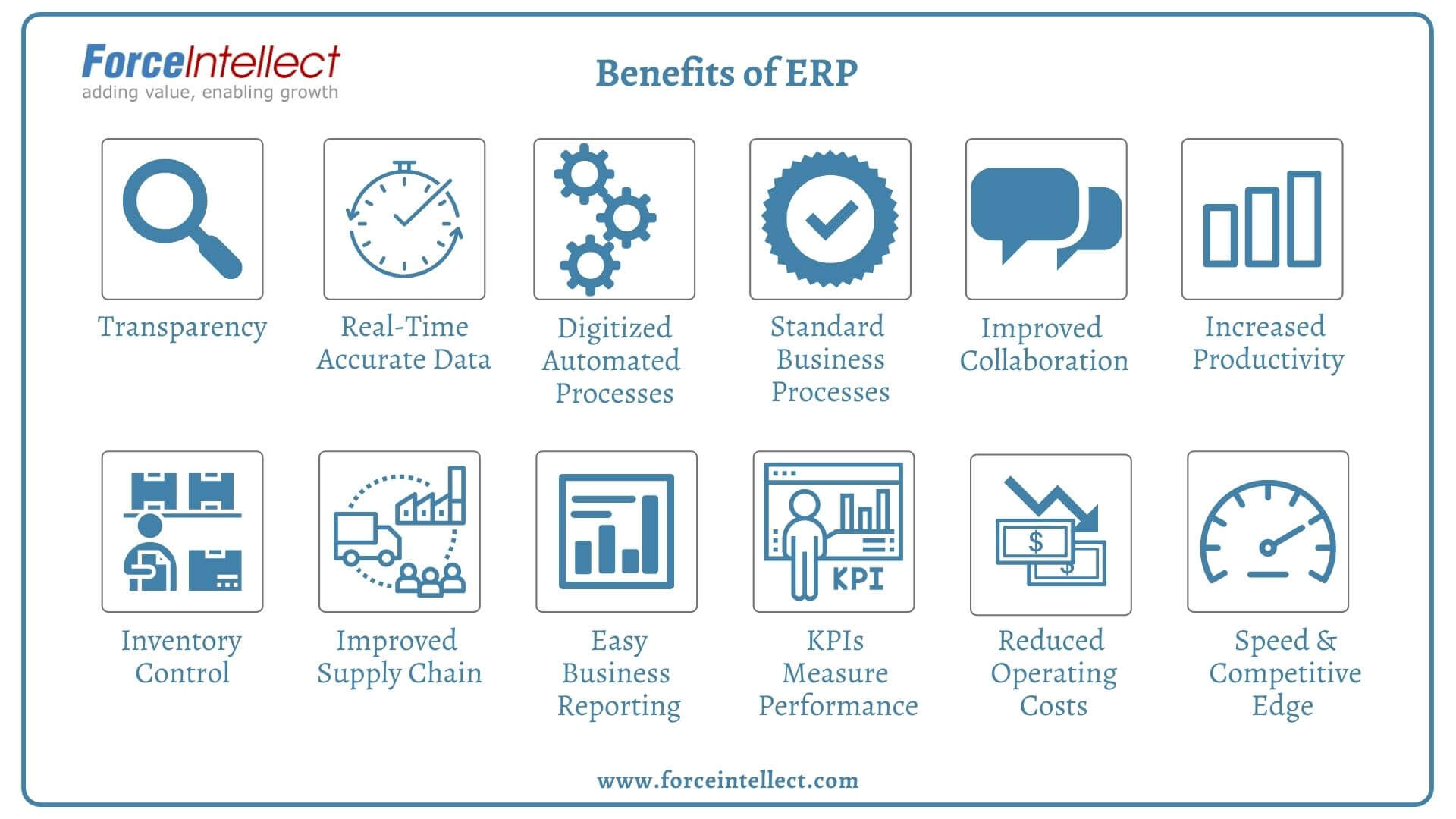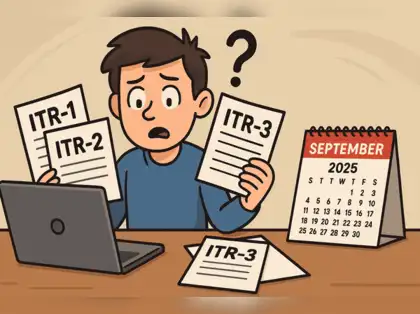The Benefits of an ERP System
An ERP (Enterprise Resource Planning) system is a powerful tool that can revolutionize the way businesses manage their operations. In this article, we will explore the numerous benefits of implementing an ERP system and how it can help your organization thrive in today’s competitive landscape.
Streamlined Operations
One of the key advantages of an ERP system is its ability to streamline operations. By integrating various business processes and functions into a single, centralized system, an ERP system eliminates the need for multiple software applications and manual data entry. This leads to increased efficiency, reduced errors, and improved productivity across the organization.
Enhanced Data Visibility
With an ERP system, you gain real-time access to accurate and up-to-date information. This enables better decision-making and allows you to respond quickly to market changes. By having a comprehensive view of your business data, you can identify trends, spot opportunities, and address issues before they escalate.
Improved Collaboration
An ERP system promotes collaboration and communication within your organization. By providing a centralized platform for employees to access and share information, it breaks down silos and encourages cross-functional collaboration. This leads to better teamwork, increased knowledge sharing, and improved overall performance.
Efficient Resource Management
An ERP system helps you optimize your resource allocation and utilization. With integrated modules for inventory management, procurement, and production planning, you can effectively manage your resources, reduce wastage, and minimize costs. This allows you to allocate resources where they are needed most and make informed decisions based on accurate data.
Enhanced Customer Satisfaction
By integrating customer data and processes into your ERP system, you can provide a seamless customer experience. With a 360-degree view of customer interactions, you can personalize your offerings, improve response times, and deliver exceptional customer service. This leads to increased customer satisfaction, loyalty, and ultimately, business growth.
Increased Scalability
As your business grows, an ERP system can easily scale to accommodate your evolving needs. Whether you expand to new markets, add new product lines, or acquire new business units, an ERP system provides the flexibility and scalability required to support your growth strategy. This eliminates the need for costly system replacements or extensive customizations.

An ERP system offers numerous benefits that can significantly impact your business’s success. From streamlining operations and improving collaboration to enhancing customer satisfaction and enabling scalability, an ERP system empowers organizations to stay competitive in today’s dynamic business environment. By harnessing the power of an ERP system, you can optimize your business processes, make informed decisions, and achieve sustainable growth.
Frequently Asked Questions – Benefits of an ERP System
1. What is an ERP system?
An ERP (Enterprise Resource Planning) system is a software solution that integrates various business functions and processes into a unified system to enhance efficiency and productivity.
2. What are the key benefits of implementing an ERP system?
The key benefits of implementing an ERP system include improved operational efficiency, streamlined processes, enhanced data accuracy, better decision-making, increased collaboration, and cost savings.
3. How can an ERP system improve operational efficiency?
An ERP system automates and centralizes business processes, eliminating manual tasks, reducing errors, and providing real-time data access, leading to improved operational efficiency.
4. Can an ERP system help in streamlining processes?
Yes, an ERP system can streamline processes by integrating different departments and functions, eliminating duplicate data entry, and providing a single source of truth for all business operations.
5. How does an ERP system enhance data accuracy?
An ERP system ensures data consistency and accuracy by eliminating manual data entry, reducing human errors, and providing real-time updates across all integrated modules.
6. How can an ERP system contribute to better decision-making?
An ERP system provides real-time insights and analytics, enabling businesses to make data-driven decisions, identify trends, forecast demand, and optimize resource allocation.
7. Can an ERP system improve collaboration among employees?
Yes, an ERP system promotes collaboration by providing a centralized platform for employees to access and share information, communicate effectively, and work together on projects.
8. Are there any cost savings associated with implementing an ERP system?
Implementing an ERP system can lead to cost savings by reducing manual labor, eliminating redundant processes, optimizing inventory management, and improving overall operational efficiency.
9. What industries can benefit from an ERP system?
An ERP system can benefit a wide range of industries including manufacturing, retail, healthcare, finance, logistics, and professional services, among others.
10. How can businesses ensure a successful ERP system implementation?
Businesses can ensure a successful ERP system implementation by conducting thorough planning, involving key stakeholders, providing adequate training, and partnering with an experienced ERP vendor.




